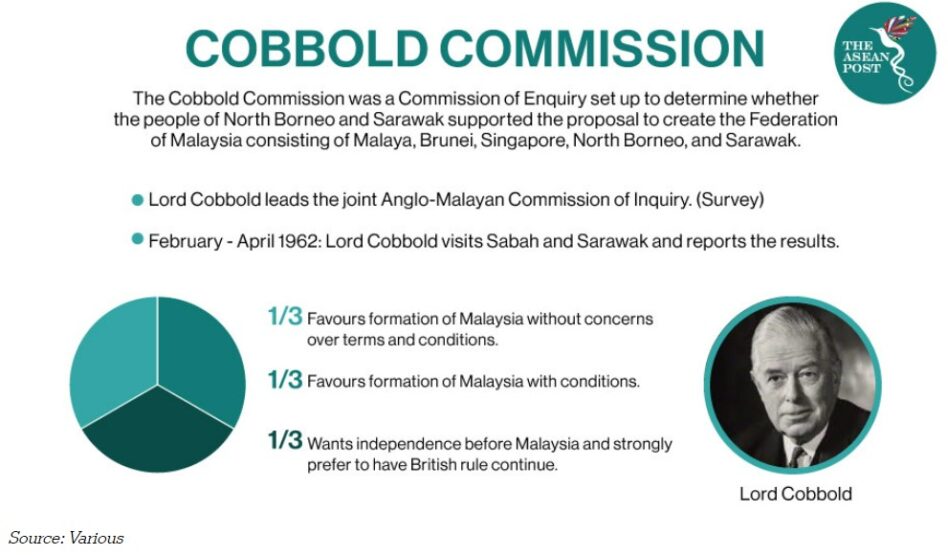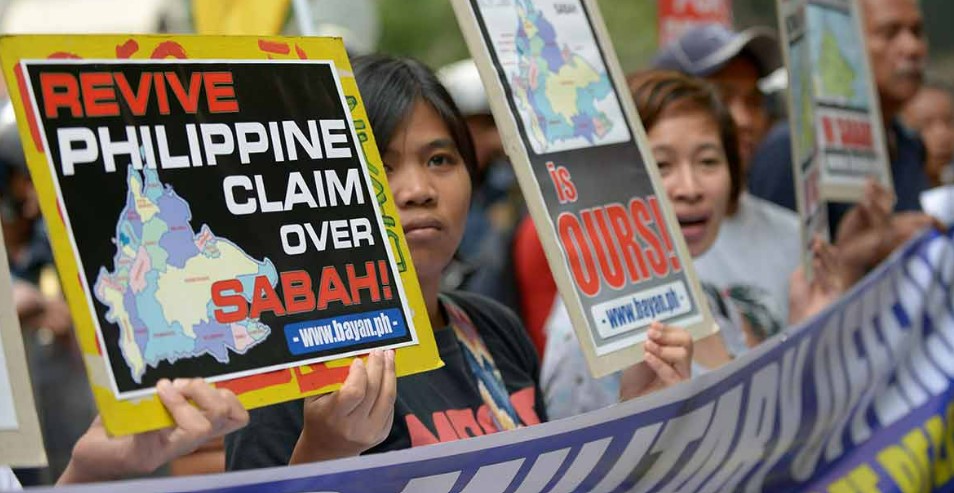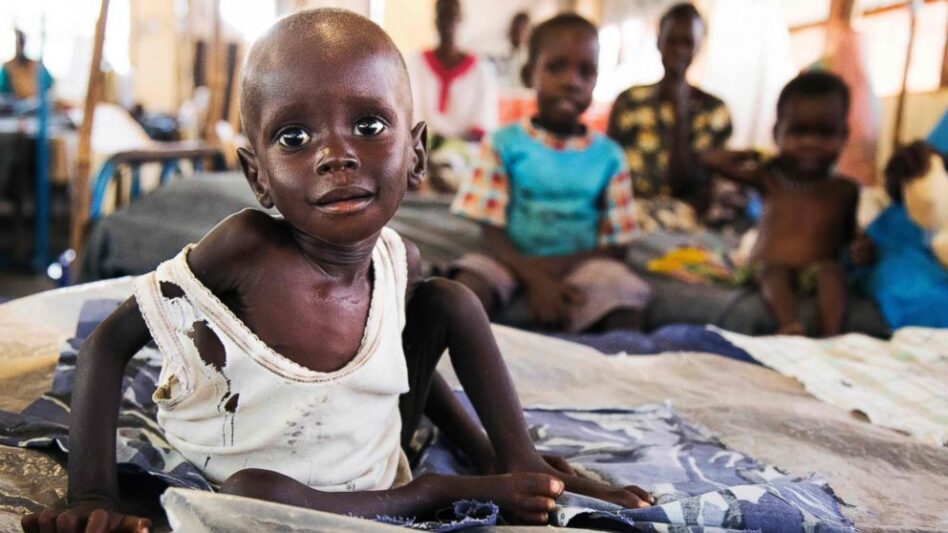A JOINT Sabah/Sarawak NGO grouping has warned that the Philippines could approach the United Nations’ (UN) Decolonisation Committee to resurrect the Manila Accord 1963 by asserting that the then Malayan and British governments had breached the pre-Malaysia formation accord agreed to by Malaya with Indonesia and the Philippines on July 31, 1963.
Moreover, the Philippines’ submission to the UN to formally recognise the extent of its continental shelf projecting from Sabah’s baseline can be construed as a prelude to claiming Sabah, according to the grouping made up of social/human rights activists from both Borneo states.
“The Philippines may argue before the UN Council that the formation of Malaysia was conducted hastily and without the consent and free will of the people of Sabah through a referendum,” the NGO grouping pointed out in a media statement.
“The Cobbold Commission’s conclusion that 1/3 were for Malaysia, 1/3 wanted independence first, and another 1/3 wanted total independence after seeking opinion of some 4,000 Sabahans and Sarawakians was merely an inquiry as opposed to a referendum.
“This could not in any way be used to represent the views of over 1.5 million Sabahans and Sarawakians at the time, of whom half of whom were not adults. Nor was the inquiry actually a process of directly obtaining the consent of the adult voters as required by the UN Decolonisation laws.”

Conduct fresh referendum
Beyond that, both Sabah and Sarawak could raise the issues of internal colonisation by Malaysia.
“Colonisation stands defined by international law as a criminal enterprise for accumulating capital by transferring wealth from those who have no power for those who have power,” asserted the 11 signatories of the joint Sabah/Sarawak statement.
“Although we do not believe that the Philippines has a solid claim, the matter should be finally laid to rest by an agreement to conduct a referendum for Sabahans.
“Three options can be presented to them, namely (i) to remain in the Malaysian Federation; (ii) join the Philippines (an outcome we consider highly unlikely); and (iii) exit the Malaysian Federation for independence.”
To ensure adequate transparency, the activists mooted three criteria:
- Three-year campaign period: This serves to inform people of the respective positions (by Sabahans only with no Peninsular Malaysia input) on the three options;
- Project IC holders must be excluded and barred from voting in the referendum: The Philippines officially recorded 770,000 of its citizens reside in Sabah of which 71% are undocumented. Manila had on Feb 14 this year said those who are undocumented will be issued with Filipino papers; and
- Acceptance of findings: Moist importantly, both Putrajaya and Manila must agree to abide by the referendum’s final outcome.
“A referendum will finally achieve what should have been done in 1963,” opined the 11 Borneo activist, noting that there were three occasions when the rights of Sabahans and Sarawakians were denied by the then Malayan and British governments:
- The Cobbold Commission should have conducted a referendum instead of opinion poll;
- A referendum in compliance with the Manila Accord 1963 condition which was sabotaged by the British with a “UN assessment”; and
- Failure to comply with the condition in the 1966 Malaysia-Indonesia Peace Treaty to end Konfrontasi byholding a vote on Malaysia in Sabah (and Sarawak).
“This call for a referendum will secure a definitive and just resolution to the Sabah question, thus allowing Sabahans to decide their future once and for all,” envisages leaders of the 11 Borneo NGOs.
“Former president Diosdado Macapagal once declared that if Sabah chose independence, the Philippines would respect that choice. It is time for Sabahans to re-examine this potential forward.” – July 6, 2024
Main image credit: AFP









